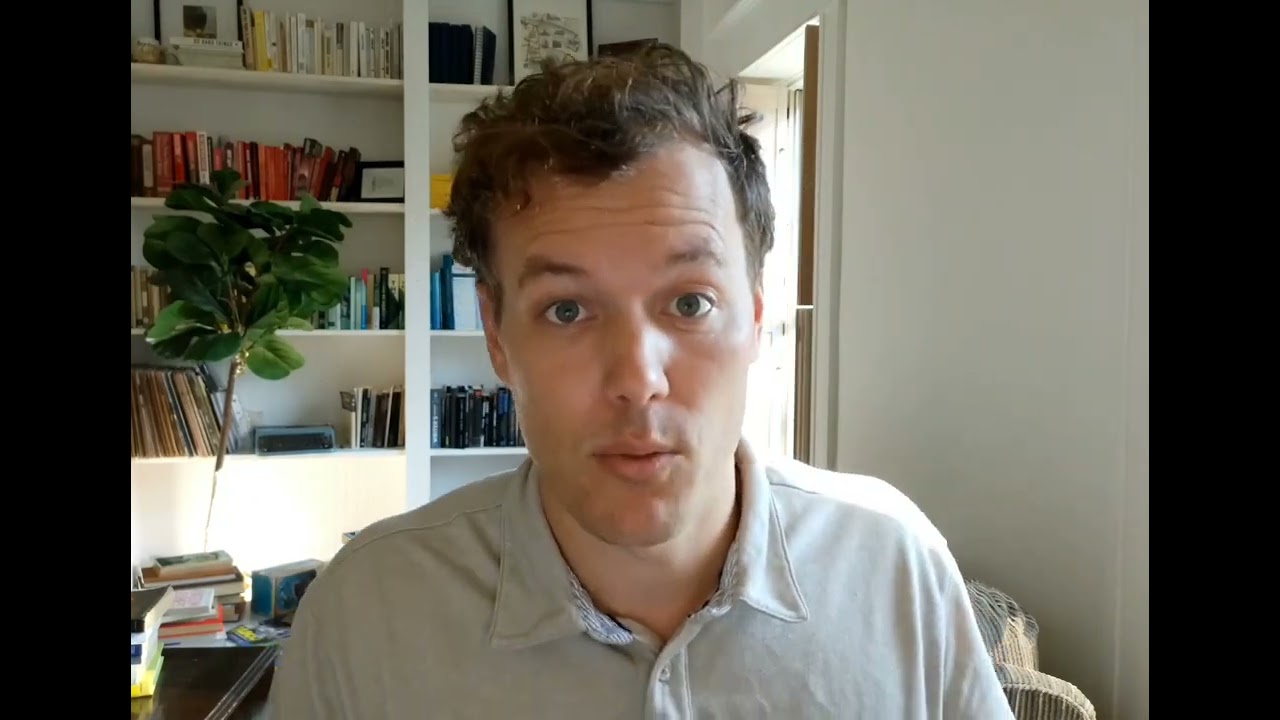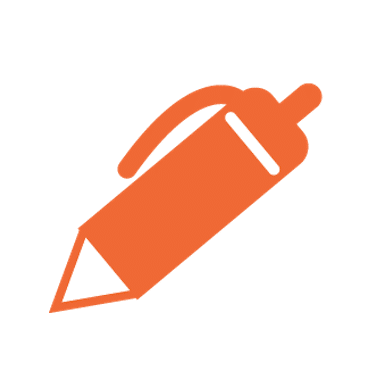Quick Win #2: Design Your Ideal Writing Plan
Once you have your idea, the next step is to figure out how you're going to write it.
So in this lesson, let's design your ideal writing schedule.
Transcript
Hey, writers, last time we talked about how to get really clear on your story idea and with the help of our tool, you created a premise for your book, which is really exciting.
In today's quick win, let's talk about how to actually finish a book because it's nice to say that you're going to write a book. It's a whole other thing to actually do it, and we've spent the last more than 10 years helping people do just that. We've helped thousands of writers in our community finish their books, and in the process we've learned so much about what it takes to actually.
Finish. Now, there's three big things that I want to talk about with you today. The first thing that helps is to break your big goal into a lot of little goals. Writing a book is really overwhelming. You can feel like you're not making any progress on your book, but if you keep showing up and following the process, you will finish your book.
And so what you want to do is you want to take the big goal of writing a book and turn it into a lot of little goals, daily goals, weekly goals, things like that.
So the next big thing that helps is to set a deadline. Deadlines actually work.
We found that when people set a deadline, they're much more likely to actually finish their book. But like we said, one big deadline can feel really scary, especially when your goal is to finish a really great book.
And so what you need to do is you need to set a lot of little deadlines, weekly deadlines, daily deadlines of how much you're going to write each day, each week, so that by the end, you can accomplish your goal of writing your book.
And the last thing that we found helps is to commit to your deadline, commit to finishing your book and to do it publicly. To say to your friends and your family, your writing community, even strangers, that you're gonna finish your book by a certain day. When you do that, you're more likely to actually follow through and finish your book.
So now for your quick win.
On this page, maybe over here or over there, or down there, somewhere on this page is a form a writing schedule builder where you can set a deadline and create your ideal writing schedule a writing schedule that works for you, that helps you figure out the process that you need to write your
book.
So let's just take a quick look and see how this works. So what you do is you start with your deadline, and there's two different ways you can do this. You can choose number of days, like in our a hundred day book program where we guide people through the process of writing their book in a hundred days. You can do that or you can choose a date. So let's say May 20th, 2025, which is the end of our next round of hundred day book.
Okay, so there you have your deadline and then you can choose your start date. So you could decide to do start. So you could decide to start today if that's what you want to do, or you can choose another date. Our next round of hundred day book begins February 10th, 2025. Okay, there you go. Now, weekly deadlines just means when are you going to finish your weekly words?
We usually do Friday. If you're gonna break your whole writing schedule up in two weeks, then you kind of want it to be at the end of your writing week.
So maybe that's Friday for you, which is what we do at The Write Practice. You could choose Saturday. You could even choose Sunday. You could choose Wednesday, whatever works for you. But whatever day is going to be your end of your writing week and then your target word count.
This is how long you think that your book is going to be by the end. It doesn't have to be perfect, but just a general sense.
We have a guide to choosing your word count. And by the way, if you're more used to pages instead of word count, you can use our words to pages calculator and that will be helpful for you. But if you're not quite sure, just use a reasonable estimate for your genre. Like most commercial novels are 90,000 words that could be a good fit for you.
And then if you've written any words on this project already, put that here. So let's say you've written 10,000 words, whatever it is for you you can put that there. And then finally, you want to choose which days of the week you're going to write. So maybe you're gonna write all weekdays, maybe you're gonna write only on the weekend, and then you can check off those days, right?
So whatever days of the week that you're gonna write. And I'm gonna just choose to do weekdays you can do that and then click calculate. And what this is gonna do is it's gonna create a comprehensive writing plan that's ideal for your schedule. So we're not talking about like what you should be doing, but what you're actually gonna do, it would actually be useful for you.
Your ideal schedule, and it's going to give you a weekly word count . All right? So every day you're gonna, every writing day, you're gonna write a thousand words. For example, every week, by Friday, in this case, you're gonna want to write 5,300 words and so on. And every week you'll have a sense of like, this is where I'm at.
Okay. And you can adjust it as you go along.
Now I want to point out the bottom because there's some useful things here. So you can export this as a PDF and you'll get a copy of this, and then you could print that out.
You could export it as a CSV. Okay. So you have like a word count tracker and a spreadsheet or something.
You could put it as an I cal. So if you have a calendar app that you can import it into so that every week you have weekly reminders of where you're supposed to be.
And finally, what I want to show you is you can share it. Okay? So we talked about how important it is to share your goal, to commit to it publicly, and that's what you can do here.
And you can commit to finishing your book by a certain date. So you can share that on Facebook or Twitter or Instagram, or even in our writing community at The Write Practice. And what I'd love for you to do is to create your calendar. And then share your deadline with us. Let us know when you're gonna finish the next draft of your book.
And we would love to hear that and celebrate that with you.
Okay? So give it a try. Let us know how it goes. Create your schedule. Post a comment with your writing deadline. We love to hear from you and cheer you on as you go to finish your book. That's it for me today. We'll see you next time for our third quick win.
Quick Win Instructions
First, watch the video above (or read the transcript) and then answer the questions in the form to the right. (Here's the word count guide if you need it!)
Once you've submitted the form, we'll take your responses and run them through our fancy calculator and give you a week-by-week writing schedule designed to your ideal process.
Finally, if you'd like to share your deadline in the comments below (and on social media), we'd love to hear from you.
See you soon for Quick Win #3!
Calculate Your Writing Schedule
How did it go? Share your story idea that you got below and let us know if this was helpful for you.


0 Comments